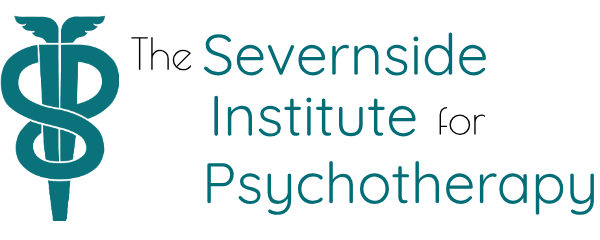With so many different kinds of therapy and counselling available in the UK, our Consultation & Referral Service (CRS) serves as a way of helping you find out more about whether psychodynamic or psychoanalytic psychotherapy, in particular, is right for you. SIP has fully qualified, rigorously trained, and professionally registered member psychoanalytical and psychodynamic therapists across much of the South West. Many members are based in Bristol and Bath but we also have members based in Devon, Dorset, Gloucestershire, Oxfordshire, Somerset, Wiltshire, and Wales.
Please note: We cannot accept referral requests submitted by those under the age of 18. We cannot accept referral requests submitted on behalf of someone else. We do not offer an emergency service, if matters are urgent you should contact your local NHS Emergency Mental Health helpline.
The first step is to complete a referral form . Your details will then be passed on to a fully qualified therapist (an Area Representative) who will contact you to schedule an initial consultation at a mutually convenient time. This consultation serves as a way of learning more about your requirements and circumstances and help establish whether psychotherapy is the best way forward for you at this point in time. If psychotherapy is deemed the best way forward, you will be referred onwards to a psychotherapist who has the appropriate availability and experience.
The initial consultation will cost £65 (or £40 if you are unwaged or in receipt of benefits), and will be payable direct to the therapist.
If ongoing psychotherapy is advised, you can expect to pay between £45/50 – £75 per session with a fully qualified therapist.
If you’d prefer to contact a therapist directly, you may prefer to use the ‘Find a therapist’ pages of the British Psychoanalytic Council (https://www.bpc.org.uk/find-a-therapist) or the United Kingdom Council of Psychotherapists (https://www.psychotherapy.org.uk/find-a-therapist/), both of which list suitably trained and registered therapists.

